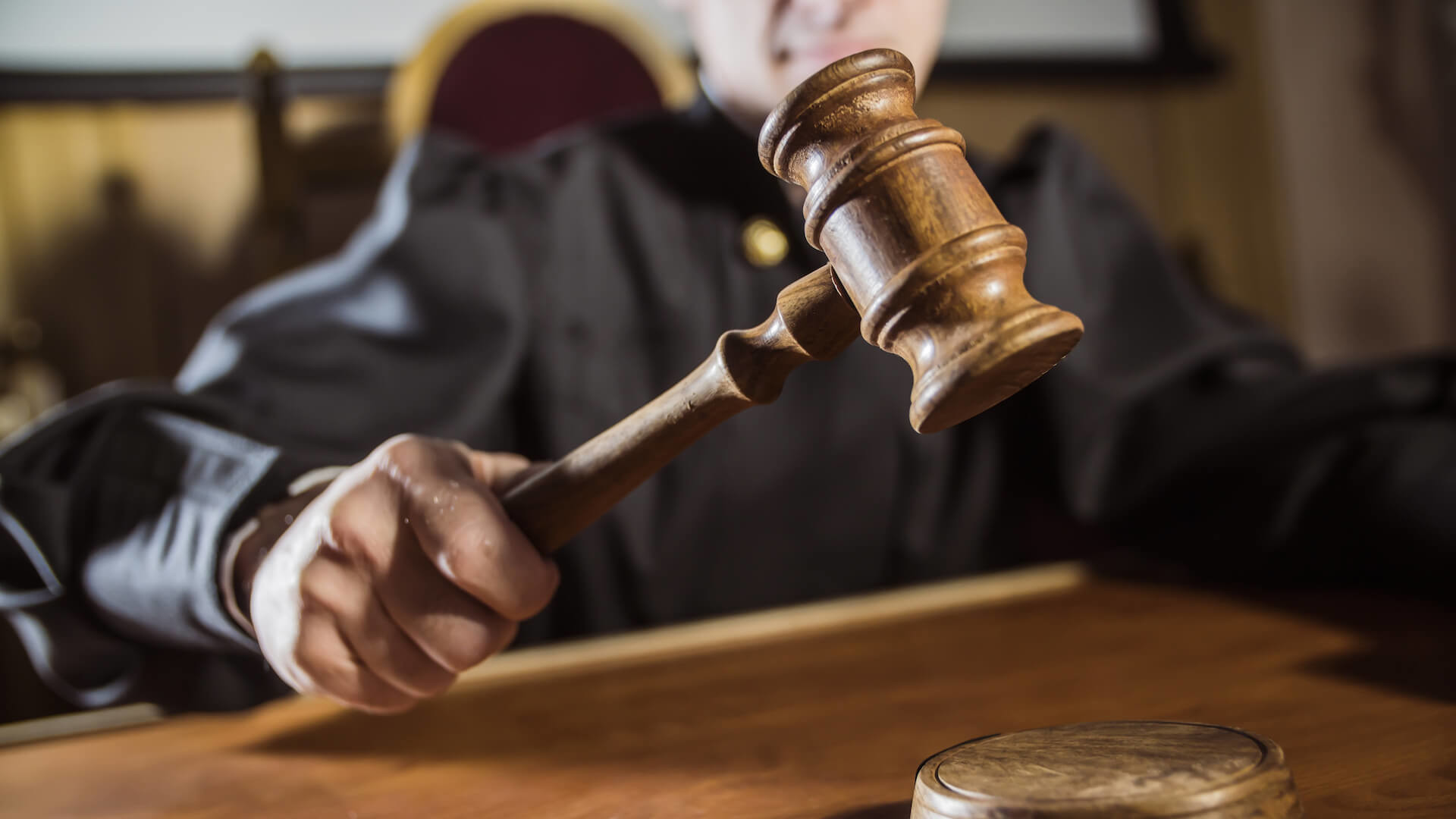Facts Of The Case
In January, 1931, a suit was filed in the Court of Small Causes at Bombay by certain plaintiffs for the recovery of unpaid rent. The suit came on for hearing on February 24, 1931, before Mr. S.E. Kurwa, a Judge of the said Court of Small Causes, who passed an ex parte decree in favor of the plaintiffs. On August 11, 1931, the plaintiffs issued a notice against Bharmal Tilokchand, the father of the defendant in the suit, to show cause why his name was not brought on record as the real defendant and why the decree should not be amended under Section 151 of the Civil Procedure Code, and why execution should not be issued against him. In these proceedings several witnesses were examined on behalf of Bharmal of whom one was Karani. The Judge was unfavorably impressed with Karani’s demeanor as a witness. He disbelieved his evidence and criticized it with some; severity. The notice was made absolute and execution was ordered to be issued against Bharmal.
Later, Karani served a notice under Section 80 of the Civil Procedure Code on Mr. Kurwa stating his intention to file a suit in the High Court against him for a declaration that the remarks passed by him as Judge of the Small Cause Court against him (Karani) in the judgment in the small cause suit were false, unjustified, malicious and irrelevant, that in passing those remarks Mr. Kurwa, did not act honestly, judicially or in good faith, and for the reliefs that the said remarks should be expunged and that Mr. Kurwa should be made to pay the costs.
Issues Raised
- Whether Mr. Kurwa was guilty of Professional Misconduct?
- Whether the Petitioner was in contempt of court?
- Whether Mr. Kurwa had jurisdiction to pass the ex parte decree in small cause suit?
Arguments Made By Petitioner
The petitioner stated that the respondent was seriously prejudiced and biased against me by the unwarranted attack made on me. He says that “The cumulative effect of your false remarks is that I had given false evidence. The aim of the said false remarks is to ruin my career as a legal practitioner. The language and style of the judgment is quite different from that of your own. Evidently you have played in the hands of some designing persons. You have not hesitated even to record my answers incorrectly”.
Also he states that the remarks passed by you against me are false, unjustified, malicious and irrelevant, that in the passing of the said remarks you did not act honestly, judicially or in good faith, that the said remarks be expunged from the judgment, that you be made to pay the costs of and incidental to the suit, and for such other reliefs as the Court may deem fit to grant.
Learned counsel for the opponent has argued that no offense was committed, not even contempt of Court, because these allegations were contained in a notice under Section 80, which the opponent was bound to submit before bringing a suit.
Arguments Made By The Respondent
The Registrar’s petition averred that the said notice did not set out the true facts and was a most unbecoming, scandalous and libelous attack on a judicial officer, and prayed, for an inquiry into the conduct of the said Karani and for proper disciplinary action against him.
The Advocate General in his petition submits that Karani has been guilty of conduct which makes him unfit to continue on the roll of attorneys of this High Court, and prays that his name be removed from the roll of attorneys or that he be suspended from practice.
Judgment
Firstly, the court held that the learned judge was not accused of any professional misconduct and acted within its jurisdiction. It also stated that “It is difficult to see how there could be a grosser contempt than to allege that a Judge has acted with prejudice, bias and malice in the course of his judicial duties, that he decided a case not according to his own convictions but to please somebody else (that appears to be the meaning of the passage which is made the subject of the second charge) and that he abused his powers as a Judge and acted dishonestly and in bad faith.”
Secondly, the Court stated that merely by filing or threatening to file a suit and calling his communication a notice under Section 80 can insult and vilify a Judge in this manner. The opponent must have known, or ought to have known, being a practitioner of the law, that his suit was unmaintainable even apart from the technical flaw of want of sanction under the Government of India Act. No suit of the kind lies for anything said or done by a Judge in his jurisdiction or in a bona fide belief that he has jurisdiction, and there can be no sort of question but that a Judge has jurisdiction to criticize a witness.
Thirdly, the learned Advocate General has submitted that the writing of these scandalous letters to Mr. Kurwa and the opponent’s persistence in his entirely unwarrantable attacks on the Judge constitute conduct which shows him unfit to be an attorney. We therefore suspend him from practice as an attorney for six months and. direct that he pay the costs of these proceedings including the costs of the inquiry before the Chamber Judge.
Lastly, as for denying the Judge’s jurisdiction to make the orders which he made in the small cause suit, that was not a matter that concerned Karani who was not a party, and anyhow, in view of the result of the appeal and revision application, there was no substance in the point



